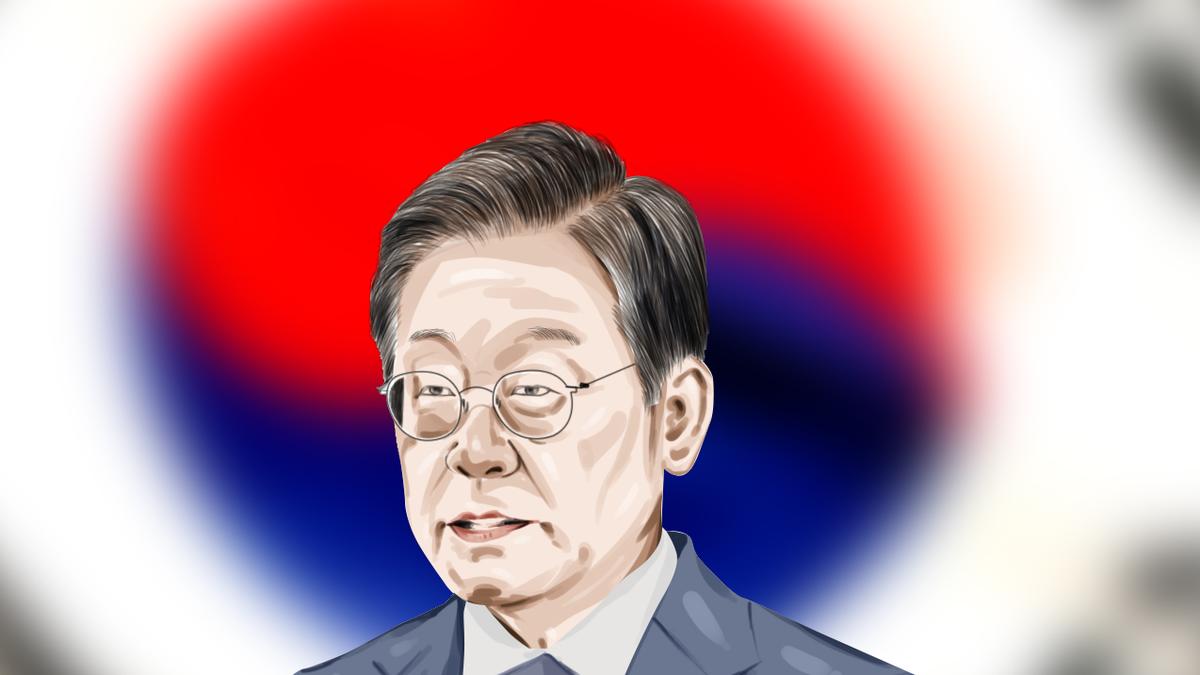The story so far: On May 14, French President Emmanuel Macron stated that France is “open to dialogue” on potentially stationing its nuclear weapons in other European countries. This development occurred amid security concerns in Europe due to the ongoing Russia-Ukraine war.
What lies behind France’s offer?
France’s consideration of a broader European role for its nuclear deterrent aligns with its “European strategic autonomy” policy, which aims to enhance the EU’s capacity to act independently in security and defence matters. President Macron’s Sorbonne University speech emphasised Europe’s need to bolster its defence capabilities, in order to be a more “sovereign Europe.” Moreover, U.S. President Donald Trump has questioned unconditional U.S. security guarantees to NATO allies, linking support to the 2% GDP defence spending target for security guarantees, prompting European nations to seek additional security assurances. Historically, France has fiercely guarded the independence of its nuclear deterrent, viewing it as a strictly national tool. This openness, thus, signifies an evolution in its strategic thinking.
What is the nuclear sharing model?
“Nuclear sharing” involves a nuclear-weapon state stationing nuclear weapons on allied non-nuclear-weapon states’ territory, with specific arrangements for potential use. Within NATO, the U.S. has maintained such arrangements for decades. Currently, U.S. B61 tactical nuclear gravity bombs are understood to be deployed in five NATO states: Belgium, Germany, Italy, the Netherlands, and Turkiye.
Under these arrangements, the U.S. retains legal ownership and custody of the warheads. The U.S. President also retains the power to make the decision to use these weapons, following NATO consultation. This Cold War-era posture aims to demonstrate alliance solidarity, and share nuclear risks.
Does France have enough weapons?
France’s arsenal is around 290 nuclear warheads, deliverable by submarine-launched ballistic missiles and air-launched cruise missiles via Rafale jets. A 2023 Centre for Strategic and International Studies report analysed that extending France’s nuclear deterrent by basing warheads abroad would pose logistical and doctrinal challenges with its current arsenal size, suggesting that an increase in warheads might be needed for credible extended deterrence. Such deployments would require stationing French Air Force units, including Rafales and support infrastructure, abroad. Establishing secure command and control systems in a multinational setting would be complex.
Would it strengthen deterrence?
Deploying additional nuclear weapons in Europe has varied security implications. Proponents argue it could enhance deterrence against Russia by increasing NATO’s nuclear assets and demonstrating European resolve. Conversely, Russia would likely view such deployments as a significant escalation, potentially leading to “military-technical measures” in response. Russian officials have repeatedly warned against NATO’s eastward military expansion. Russia’s 2023 stationing of tactical nuclear weapons in Belarus is cited by some as a preceding escalatory step.
Is it legal under international law?
The 1968 Nuclear Non-Proliferation Treaty (NPT) is the primary legal instrument for regulating nuclear weapons. Article I of the treaty prohibits nuclear-weapon states (like France) from transferring nuclear weapons or control over them. Existing NATO nuclear sharing is justified by participants as being NPT-compliant because no “transfer” of legal ownership or control occurs in peacetime; the U.S. maintains custody. Non-proliferation advocates and various research institutions have consistently challenged this legality.
Published - June 03, 2025 08:30 am IST

 4 days ago
1
4 days ago
1









 English (US) ·
English (US) ·